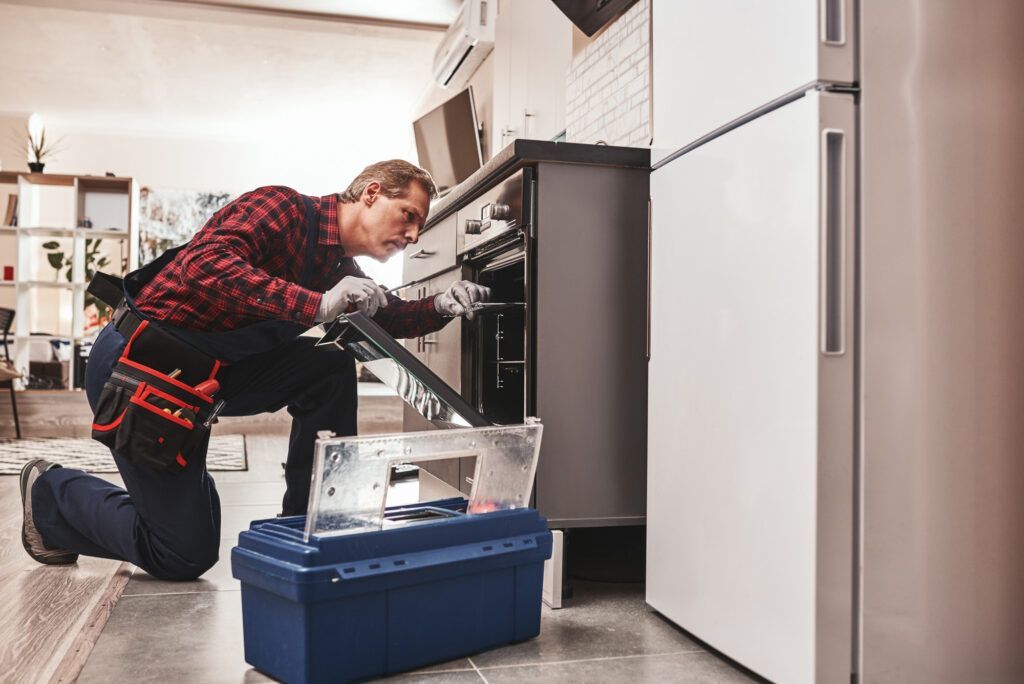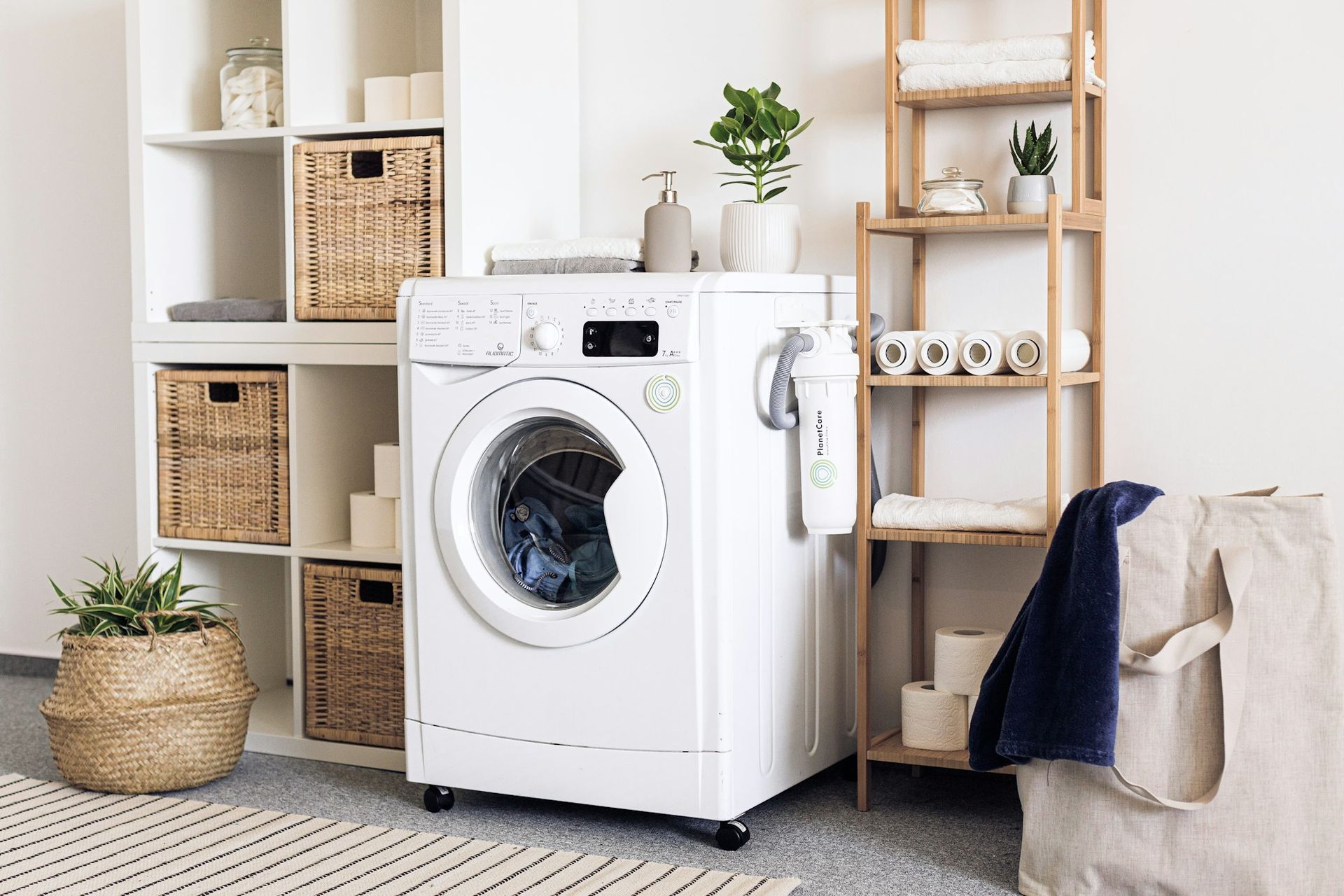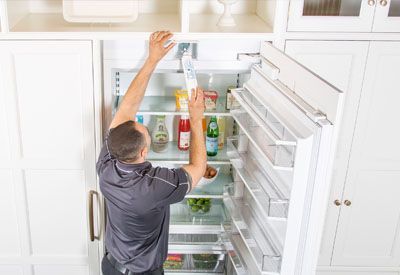Troubleshooting Guide: Common Refrigerator Problems and Solutions
Refrigerators are not just practical appliances but also silent food preservers that keep perishables safe to consume, making them the unsung heroes of our kitchens. In our daily lives, refrigerators are essential appliances that are used for anything from chilling drinks to keeping food leftovers. Although these devices are crucial, mistakes and malfunctions can still occur. Similar to any other mechanical device, refrigerators may encounter various issues that might reduce their efficiency and lead to malfunctions.
In this comprehensive guide, we delve into the realm of refrigerator troubleshooting and offer insights into some of the most common problems encountered by homeowners. Our doable fixes may take care of any problem, from a minor irritation like a noisy compressor to a more significant one like a refrigerator that isn't chilling down properly. By identifying the underlying causes of these problems and implementing the appropriate solutions, you can ensure that your refrigerator continues to function effectively and maintains the freshness of your food and the cooling of your beverages. Join us as we walk you through the intricate world of refrigerator repair and maintenance so you can tackle these issues head-on and restore optimal operation to your kitchen's essential appliances.
Not Cooling Properly:
- One of the most common issues that people encounter with their refrigerators is inadequate cooling. If your refrigerator can't keep food at the right temperature, it might lead to food degradation and perhaps harmful conditions. There are other potential causes for this problem, including:
- Dirty condenser coils: With time, dust and debris buildup on the condenser coils can hinder heat dissipation and make the refrigerator work harder to keep the temperature low. Maintaining frequent coil cleaning improves cooling efficiency.
- Faulty evaporator fan: The evaporator fan circulates the cold air within the refrigerator. A broken fan leads to an unequal distribution of cold air, which causes temperature fluctuations. The faulty fan may be changed to solve this issue.
- Damaged door seals: Worn or damaged door seals allow warm air to enter the refrigerator, which makes it harder for the appliance to maintain a constant temperature. It is possible to improve the cooling system's effectiveness by inspecting and fixing any broken door seals.
Excessive Frost Build:
- Frost accumulation is another common problem inside the freezer compartment. Excessive frost buildup not only reduces the amount of space that can be utilized for storage, but it also negatively affects the efficiency of a refrigerator. This issue might have a number of causes, including:
- Defective defrost thermostat: The defrost thermostat regulates the freezer's interior temperature and initiates the defrost cycle as necessary. If a broken thermostat prevents the defrost heater from turning on, ice accumulation may result. The defrost thermostat may be changed to fix this problem.
- Clogged defrost drain:Frost build-up happens when food particles or debris plug the defrost drain, making it difficult for melted ice to drain away. By clearing the drain tube with a pipe cleaner or warm water, you can restore appropriate drainage.
- Damaged door gasket:Similar to the refrigerator area, the freezer's damaged door gaskets have the potential to allow warm air to enter, which can lead to condensation and the formation of frost. Door gasket damage must be inspected and repaired in order to prevent frost buildup.
Noisy Operation:
- There might be odd noises coming from the refrigerator that are unsettling and concerning. These sounds could point to underlying problems that need to be addressed. Several typical reasons for loud operation consist of:
- Dirty condenser fan: The accumulation of dirt and debris might cause the condenser fan to produce loud noises while it is running. Cleaning the motor and fan blades is one method of reducing noise levels.
- Worn-out evaporator fan motor: The evaporator fan motor's worn-out bearings may be the source of noises like grinding or screaming. The noise may be removed by swapping out the damaged motor.
- Loose components: There may be rattling or buzzing sounds as a consequence of screws and nuts being loose due to vibrations from the compressor or other moving elements. Noise problems can be reduced by tightening loose parts using a tool or screwdriver.
Leaking Water:
- Water damage to the surrounding environment might result from a regular problem: leaks from the refrigerator. Determining the right course of action requires pinpointing the leak's origin. The following are some reasons for water leaks:
- Clogged defrost drain: When melting ice cannot properly drain from a clogged defrost drain, water accumulates and pours onto the floor. Cleaning the drain tube may solve this issue.
- Defective water inlet valve: If the water input valve is malfunctioning, it may not shut off properly, leading to leaks. To halt the leak, replace the malfunctioning valve.
- Cracked water supply line: If there is damage to the water supply line, leaks might happen. By inspecting the supply line for cracks or breaks and making the necessary repairs, water leaks can be prevented.
Uneven Temperature Distribution:
- Temperature fluctuations in the refrigerator, where certain parts are always colder or warmer than others, might affect the food's quality and shelf life. Many factors, including the following, can lead to an unequal distribution of temperature:
- Overloaded refrigerator: Overindulgence in eating may block ventilation, which will hinder the equal circulation of chilly air. Rearranging items to provide adequate air circulation may help maintain stable temperatures.
- Blocked air vents: Blocked air vents prevent cold air from flowing through them, which is why temperatures fluctuate. Make sure that no food products or packaging is obstructing air vents in order to increase air circulation.
- Faulty temperature control thermostat: If there is a malfunction with the temperature control thermostat, the refrigerator's interior temperature can change. Replacing the broken thermostat will restore proper temperature regulation.
Longevity and Performance
Although handling refrigerator difficulties might be annoying, many problems can be fixed with basic troubleshooting techniques. Homeowners may prolong the lifespan of their refrigerators and restore performance by determining the root causes of frequent issues and applying appropriate solutions. Routine maintenance is necessary to ensure optimal operation and prevent issues. This includes cleaning, inspecting, and replacing worn-out components. If troubleshooting doesn't work or if the issue persists, it could be necessary to see a certified appliance repair professional to discover and handle more complex issues. With proper care, your refrigerator can keep your food fresh and your drinks cold for many years to come.
You might also like
Educational Center


Book a Service Today
We will get back to you as soon as possible
Please try again later
Quick & Reliable
We are available 24/7
About Us
Authorized Appliance is an appliance repair contractor referral service. We connect you with appliance contractor in your area. All contractors are operated independently of Authorized Appliance. It is the responsibility of each user to verify that the contractor connected with meets all licensing and insurance requirements in that jurisdiction.
All Rights Reserved - Authorized Appliance


